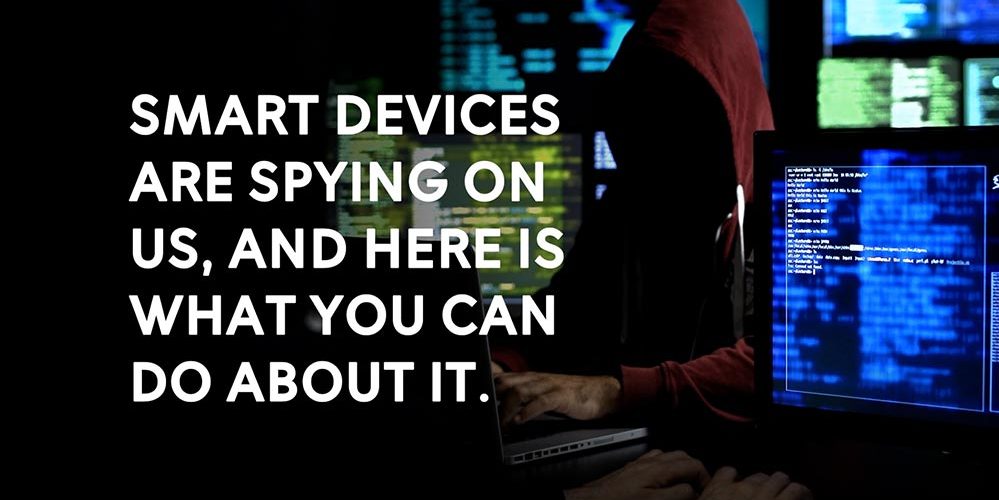We are surrounded by devices and gadgets, that can spy on us, most of which are hidden in plain sight like TV, fridge, car, etc. these things can communicate information about us over the internet.
The revolution and usefulness of apps come at the cost of intrusiveness and loss of privacy. Two computer scientists, Roberto Yus, an assistant professor from the University of Maryland, and Primal Pappachan a postdoctoral scholar from Penn State explored the extent of internet connectivity in the devices at the home, office, and cities and how much privacy is in jeopardy?
Internet of things or IoT allows devices on closed private internet connections to communicate with others and it brings those networks together. They are embedded with sensors, software, and other technologies. From cameras and microphones in smart TVs, smart lightbulbs for sensing sleep and heart rate to smart vacuum cleansers that recognize objects around the house and map every inch of your home, many modern devices use IoT.
Though manufacturers usually promise that not the processing of such data is automated, and no human sees the data, a few years back Amazon workers revealed that they listen to some conversation with Alexa.
To minimize the risk, follow suggestions of the Federal Trade Commission on how to secure your internet-connected devices, and to further ensure safety get additional tips from the Online Trust Alliance.
















Add comment